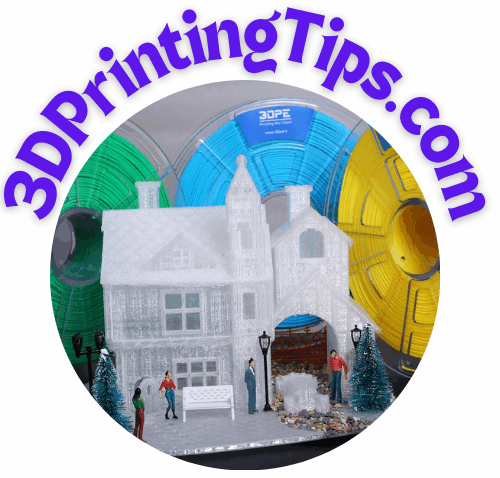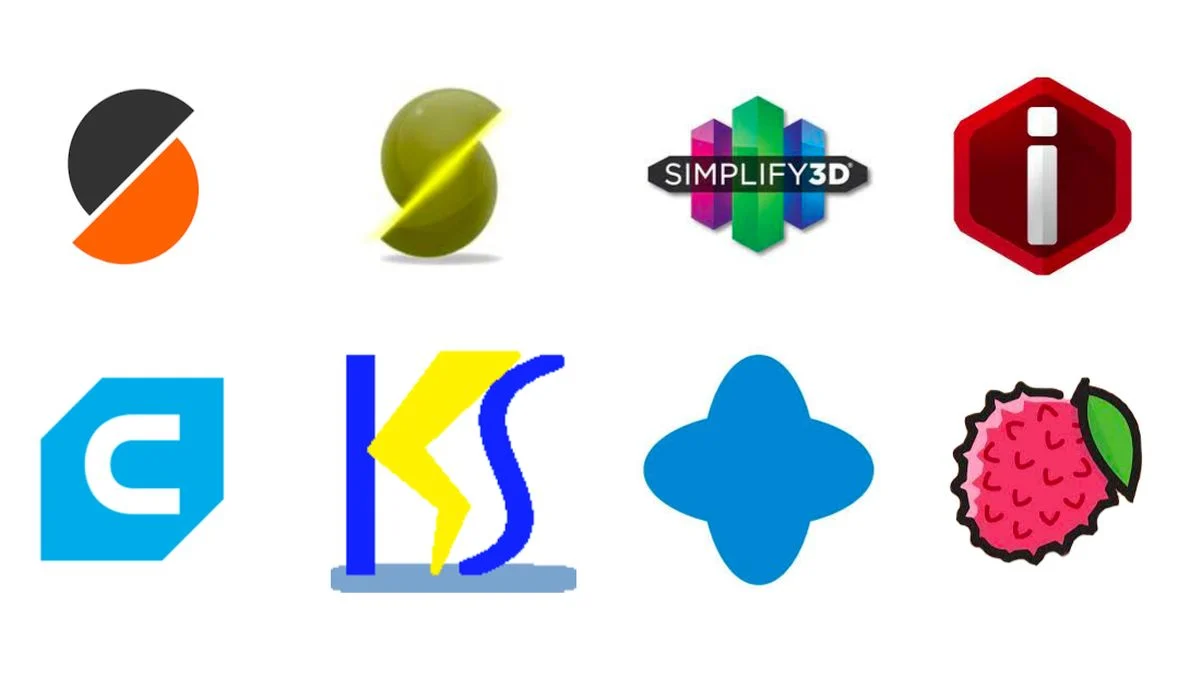Best 3D Printing Software for Beginners (Free Options)

Introduction
If you’re new to 3D printing, the software side of things can seem a little intimidating. There’s modeling software, slicing software, firmware updates—it’s a lot to take in. The good news? You don’t have to spend a dime to get started. There are excellent free 3D printing software tools made specifically with beginners in mind. In this article, we’ll walk through the best free options for each stage of the 3D printing process—from design to slicing—and help you decide which ones are right for you.
Understanding the Two Types of Best 3D Printing Software
Before we dive into the list, it’s important to understand the two primary categories of 3D printing software:
1. 3D Modeling Software (CAD)
This is where you design the object you want to print or modify an existing model. You’ll create 3D shapes that get exported as STL or OBJ files.
2. Slicing Software
Once you have a model, slicing software prepares it for your 3D printer. It “slices” the model into layers and creates G-code, the instructions your printer follows.
Let’s look at the best beginner-friendly free software options for each category.
Best Free 3D Modeling Software for Beginners
1. Tinkercad (Web-Based)
- Best for: Absolute beginners and kids
- Platform: Browser-based (no download needed)
- Price: Free
Tinkercad by Autodesk is hands-down the best starting point for new users. It has a super intuitive drag-and-drop interface, letting you combine shapes to build anything from basic models to simple mechanical parts. It’s widely used in schools and hobbyist circles.
Why beginners love it:
- No installation or technical setup
- Tons of tutorials and templates
- Easy to export STL files for printing
- Great for creating functional or decorative prints quickly
Limitations:
- Lacks advanced modeling features
- Not ideal for organic shapes or complex geometry
2. FreeCAD
- Best for: Beginners who want to learn parametric modeling
- Platform: Windows, Mac, Linux
- Price: Free and open-source
FreeCAD offers a significant step up from Tinkercad while still being accessible. It’s a parametric CAD tool, meaning you can define dimensions and make precise edits. It’s a great choice if you plan to move into engineering, prototyping, or technical design.
Why beginners love it:
- Professional-grade tools without the price
- Sketch-based modeling makes learning logical
- Strong community support and documentation
Limitations:
- Slightly steeper learning curve
- Interface feels dated compared to commercial alternatives
3. Blender
- Best for: Artistic and organic modeling (miniatures, figurines)
- Platform: Windows, Mac, Linux
- Price: Free and open-source
Blender is widely used in animation and 3D art, but it’s also great for 3D printing—especially if you’re creating models with complex curves, characters, or sculptures. While it can be overwhelming at first, it’s extremely powerful once you get the hang of it.
Why beginners love it:
- Amazing for creative, non-mechanical models
- Endless customization and plugins
- Massive online community and tutorials
Limitations:
- Large learning curve
- Not ideal for precise technical or engineering models
Best Free Slicing Software for Beginners
1. Ultimaker Cura
- Best for: Most FDM printers and general-purpose slicing
- Platform: Windows, Mac, Linux
- Price: Free
Cura is one of the most popular slicers in the world. It supports a huge range of 3D printers and includes beginner-friendly “recommended” settings to get you printing fast. Advanced settings are there when you’re ready to grow.
Why beginners love it:
- Easy to use right out of the box
- Pre-built profiles for hundreds of printers
- Excellent layer preview and time estimates
- Large user community for help and support
Limitations:
- Interface can get cluttered with advanced features
- Slower than some alternatives with complex models
2. PrusaSlicer
- Best for: Prusa printers and resin printing (SLA)
- Platform: Windows, Mac, Linux
- Price: Free and open-source
Originally developed for Prusa printers, PrusaSlicer is now widely used for both FDM and SLA printing. It’s polished, powerful, and growing rapidly.
Why beginners love it:
- Built-in profiles for both FDM and SLA
- Easy resin support and hollowing tools
- Logical layout and easy learning curve
- Great documentation
Limitations:
- Slightly less intuitive than Cura for some users
- Not as widely supported outside Prusa ecosystem (but growing)
3. Bambu Studio
- Best for: Users with Bambu Lab printers
- Platform: Windows, Mac
- Price: Free
Bambu Studio is a fork of PrusaSlicer customized for Bambu Lab’s high-speed printers. It’s tailored for multi-color printing and supports a lot of automation, making it ideal for beginners using Bambu’s ecosystem.
Why beginners love it:
- Clean interface with intuitive layout
- Real-time device connection for easy workflow
- Great for color prints and complex projects
Limitations:
- Primarily designed for Bambu printers
- Fewer third-party profiles compared to Cura
Bonus: All-in-One Platforms
MatterControl
- Best for: All-in-one modeling + slicing
- Platform: Windows, Mac
- Price: Free
MatterControl combines design, slicing, and printer control into one tool. While not as deep as Blender or Cura individually, it’s handy if you want an all-in-one solution without bouncing between software.
How to Choose the Right Software (Quick Tips)
- If you’re just starting and want simplicity: Tinkercad + Cura
- If you’re designing technical parts: FreeCAD + Cura or PrusaSlicer
- If you’re creating art or miniatures: Blender + PrusaSlicer
- If you own a Bambu printer: Bambu Studio
- If you want everything in one place: MatterControl
You can always upgrade or switch later as your skills grow. The beauty of free tools is that you can experiment without commitment.
Final Thoughts
Learning 3D printing software might seem daunting at first, but with these free tools, beginners can get started quickly and grow into more advanced workflows over time. Start simple, explore tutorials, and don’t be afraid to make mistakes. Whether you’re designing from scratch, modifying existing files, or just slicing and printing, there’s a free tool that fits your learning style and goals.
Once you’re comfortable, you can explore paid tools like Fusion 360, Meshmixer, or Simplify3D—but in the beginning, these free options are more than enough to bring your ideas to life.
Free 3D Design Software for Beginners
| Software | Best For | Ease of Use | Platform | Key Strengths | Limitations |
|---|---|---|---|---|---|
| Tinkercad | Absolute beginners & kids | ⭐⭐⭐⭐⭐ | Web-based | Super easy, no install, great for simple parts | Limited features, basic shapes only |
| FreeCAD | Technical modeling & engineering | ⭐⭐⭐ | Win/Mac/Linux | Parametric design, precise editing | Older interface, learning curve |
| Blender | Artistic & organic modeling | ⭐⭐ | Win/Mac/Linux | Great for sculpting, huge community | Complex interface, less ideal for precise parts |
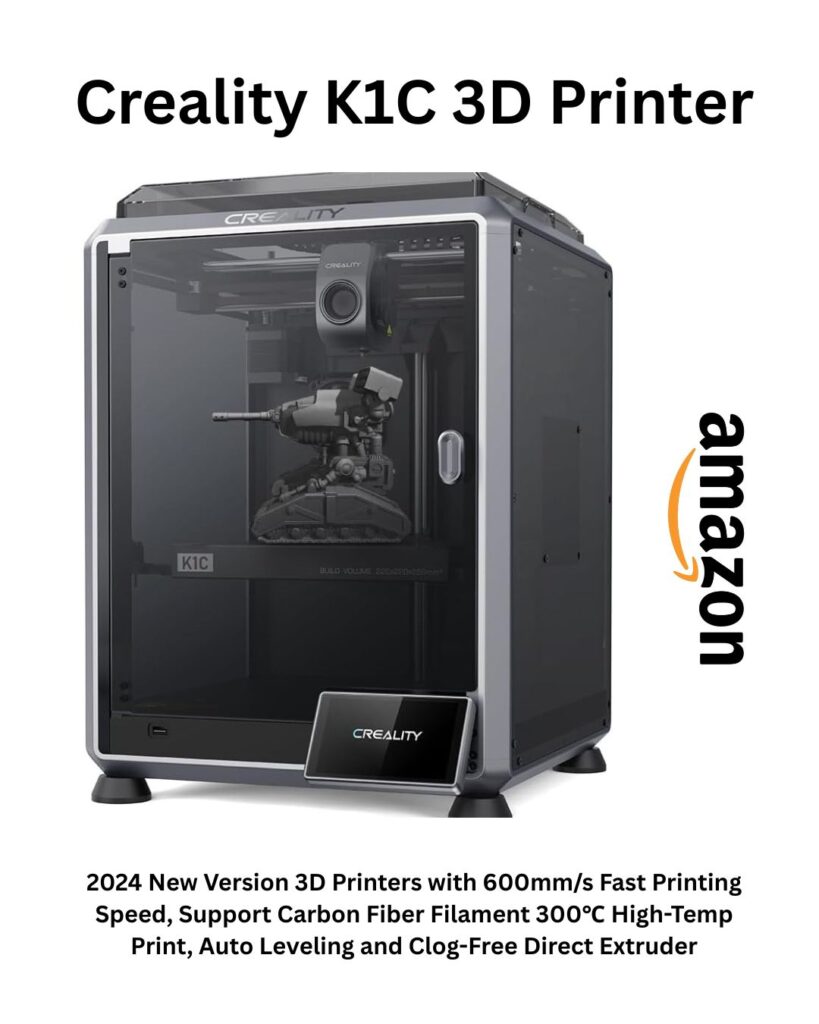
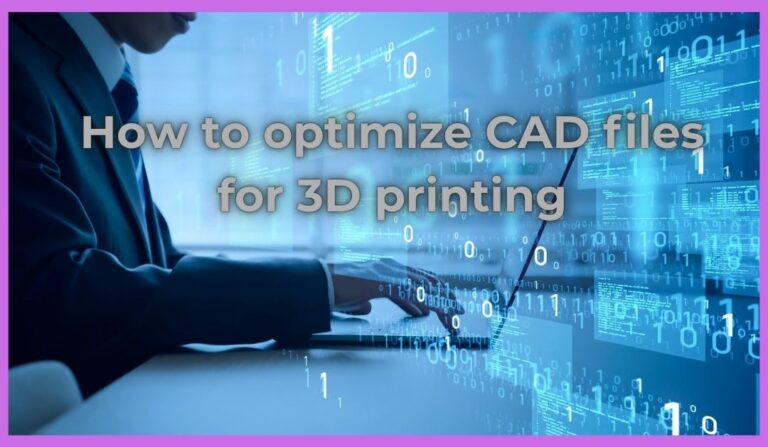
How to optimize CAD files for 3D printing
1. Preparing Your CAD Model for 3D Printing Learn How to optimize CAD files for 3D printing. Before slicing a CAD model for 3D printing, ensuring a clean, optimized design is crucial. A well-prepared file reduces print errors, improves structural integrity, and minimizes the need for excessive supports. Choosing the Right File Format Different file…
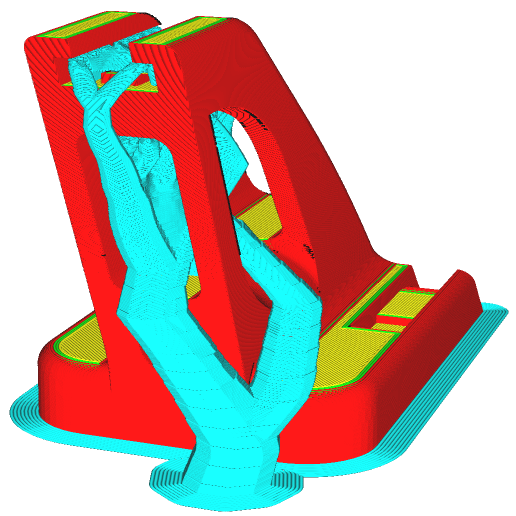
How to use supports in 3D slicer software
Support structures often make the difference between a flawless model and a failed print.

Top Plugins for Creating Custom Supports in Slicers
Discover the top plugins for creating custom supports in slicers. reduce waste, and improve print success. Fine-tune slicing for cleaner prints!
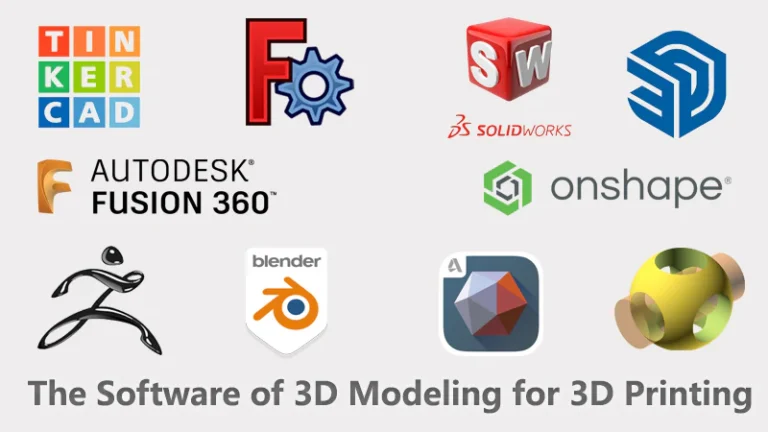
Best 3D Modeling Software for Beginners: A Comprehensive Guide
3D modeling is the backbone of digital creation—whether you’re designing prototypes for 3D printing, developing video game assets, or crafting architectural models.
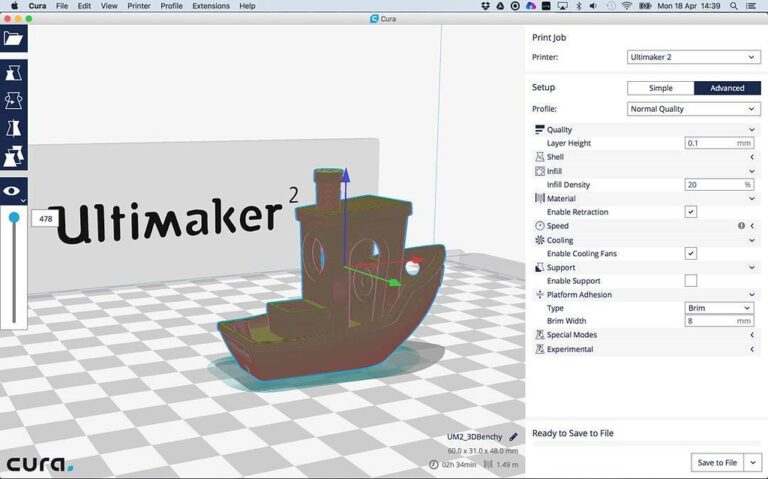
Cura Slicer Beginner Tips: Mastering Your First Prints
Discover essential settings, troubleshooting tips, and advanced techniques like tree supports and optimized infill patterns to take your 3D printing to the next level.

